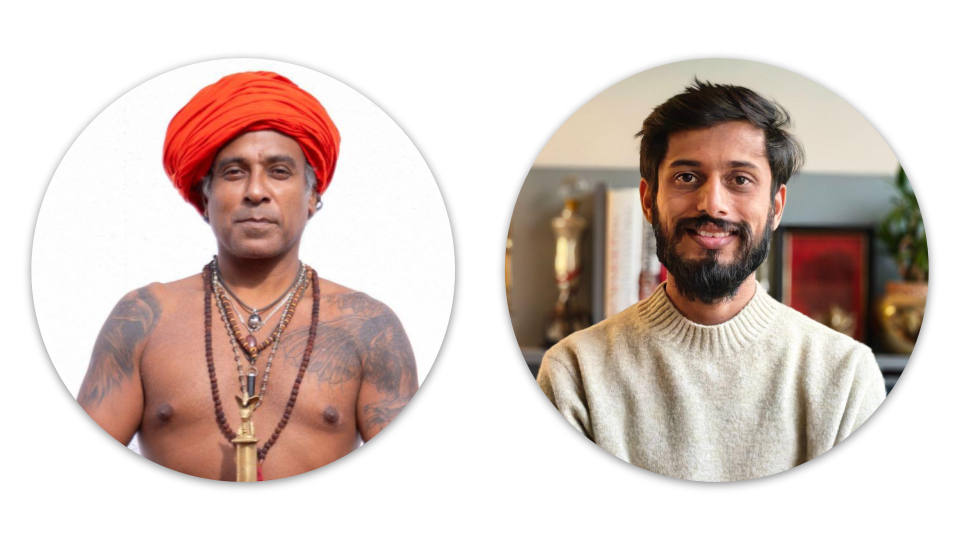84 Days Magnetic Tribe Building Challenge
Stop building in isolation. Build a tribe of customers excited to buy, before you build the product.
 Next Batch: Starts In June 2025
Next Batch: Starts In June 2025
 Only 12 Spots Available
Only 12 Spots Available
Designed by:

Guru Pashupati
&
Prathamesh Chavan



Stuck Creating Alone?
You’re passionate, driven, and full of ideas—but without real-time feedback or support, you keep building your product in isolation. Burnout creeps in. Friends don’t “get it,” and isolation is draining your momentum.
Watch the video below
At The End Of 84 Days, You Will Learn To:



Join The Challenge
























































































You don't need a million followers to build a profitable business and create an impact. You just need a few hundred tribe members who believe in your mission.
First Batch: Full
Next Batch : In June 2025
 Only 12 Spots Available
Only 12 Spots Available
6 Proven Steps to Tribe Mastery
Go from feeling clueless to a thriving tribe that takes action.
 Step 1: Discover Your Superpower
Step 1: Discover Your Superpower
Unearth your hidden skills and stories that magnetize your tribe.
 Step 2: Craft an Irresistible Offer
Step 2: Craft an Irresistible Offer
Define why people should join your tribe and make it exciting and no-brainer to join.
 Step 3: Design Their Journey
Step 3: Design Their Journey
Map a fun, frictionless path for your tribe to follow.
 Step 4: Create Content That Converts
Step 4: Create Content That Converts
Attract people who do more than just watch. Master psychological principles that inspire action.
 Step 5: Spark Tribal Connections
Step 5: Spark Tribal Connections
Foster vulnerability and collaboration in your community. Apply tribal techniques that creates value with each interaction.
 Step 6: Build a Profitable Ecosystem
Step 6: Build a Profitable Ecosystem
Turn your interactions into products, services, and partnerships.
© 2025 Prathamesh Chavan, All Rights Reserved
